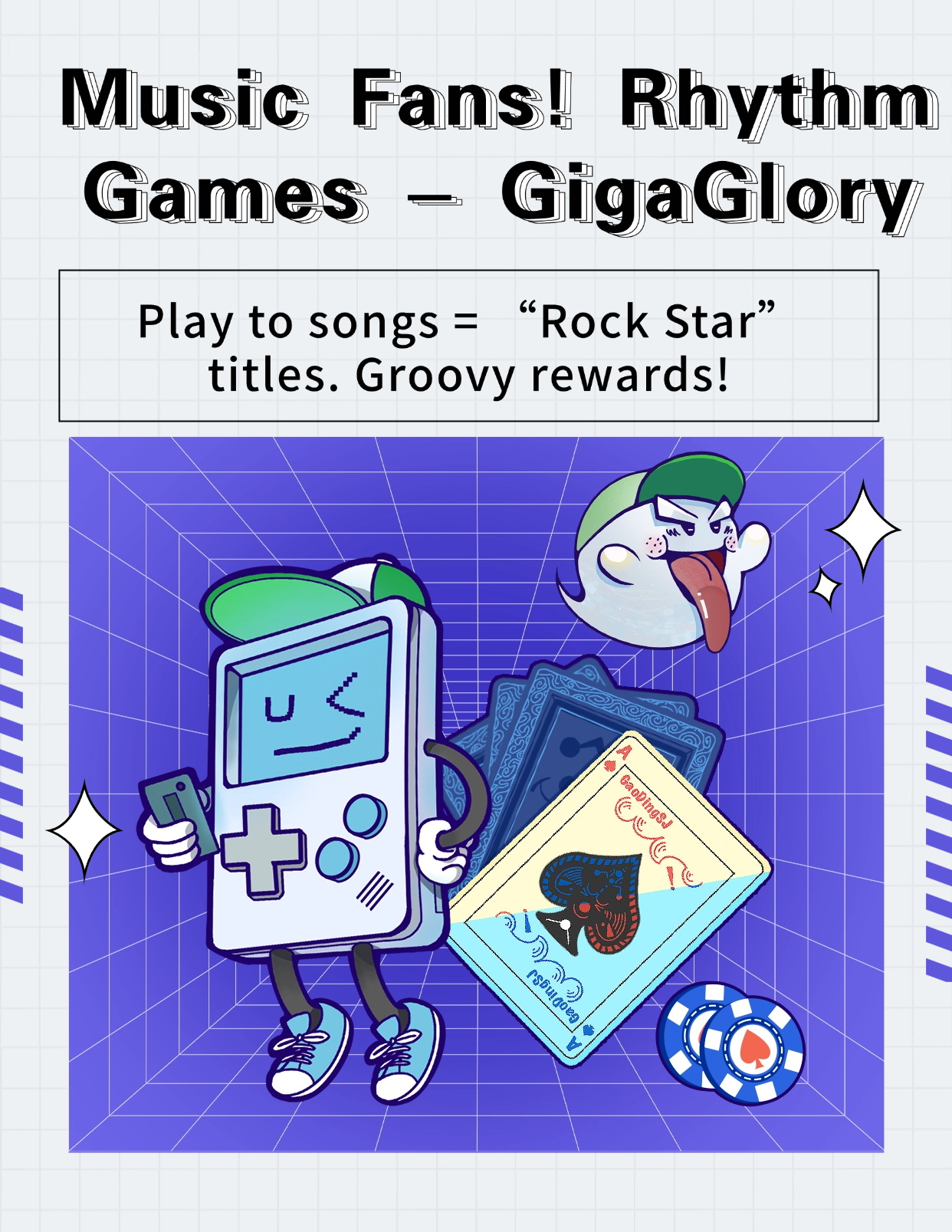Exploring the World of Sandbox Games: A Deep Dive into Life Simulation Games
Sandbox games have stirred up quite a buzz in the gaming community. With their open-ended mechanics and emphasis on player creativity, they’ve carved out a unique niche. Among these, life simulation games stand out, allowing players to control and influence virtual lives. Let's take a journey into this fascinating world and uncover what makes these games not just entertaining but also thought-provoking.
What are Sandbox Games?
At their core, sandbox games provide players with a platform to explore, create, and manipulate their environment freely. Unlike traditional games with linear narratives and fixed objectives, sandbox games encourage exploration. The term "sandbox" itself refers to a play area where kids can craft their own worlds—this idea carries over to the digital realm.
A Brief History of Life Simulation Games
Life simulation games began gaining popularity in the late '90s with titles like "The Sims." These games allow players to build homes, create characters, and simulate their lives. Over time, the genre has expanded, incorporating various elements, from resource management to social interaction. The appeal lies in the freedom to experiment and the opportunity to live out scenarios that may be impossible in real life.
Key Features of Sandbox Life Simulation Games
- Freedom of Choice: Players can control virtually every aspect of their character's life.
- Dynamic Environments: Worlds that evolve based on player decisions, offering unique experiences.
- Customization: Broad customization options to tailor characters and settings to personal tastes.
- Social Interaction: Players can connect with other characters, enhancing the storytelling aspect.
Popular Titles in the Sandbox Genre
The sandbox genre boasts several notable titles. Here’s a quick comparison of some of the most popular life simulation games:
| Game Title | Release Date | Platform | Key Features |
|---|---|---|---|
| The Sims 4 | September 2, 2014 | PC, Mac, PS4, Xbox One | Emotion system, Build mode |
| Animal Crossing: New Horizons | March 20, 2020 | Nintendo Switch | Time-based events, Island customization |
| Stardew Valley | February 26, 2016 | PC, Mac, PS4, Xbox One, Switch | Farming, Fishing, Marriage |
| ARK: Survival Evolved | June 2, 2015 | PC, PS4, Xbox One, Switch | Dino taming, Crafting |
The Psychology Behind Sandbox Games
Sandbox games provide an outlet for exploration and creativity. Players can experiment with different life choices, relationships, and outcomes without real-world consequences. This aspect of gameplay is appealing as it allows a safe space for self-discovery and expression. Additionally, immersion in these games can lead to stress relief and relaxation, often acting as a form of escapism.
The Challenge of Logic Puzzles in Sandbox Games
Some sandbox games incorporate logic puzzles as a way to engage players. The game "Logic Puzzle Kingdom: Hitori," for example, offers a unique twist. Players must solve puzzles while advancing through the game, combining creativity with logic. Finding answers to these puzzles can enhance players’ problem-solving skills, showcasing a strategic side to the sandbox experience.
Cultural Impacts of Life Simulation Games
The cultural impact of life simulation games is profound. They mirror societal norms and issues, allowing players to experience different lifestyles, cultures, and philosophies. This reflection opens the door for discussions around social structures, inequalities, and personal choices. Fans often share their stories, creating a community united by shared experiences in the sandbox universe.
The Future of Sandbox Games
With technology advancing rapidly, what does the future hold for sandbox games? Upcoming trends point towards incorporating more **VR elements**, providing immersive experiences that enhance player engagement. Future releases are likely to focus on increased realism and a broader array of customization options. Additionally, the rise of multiplayer environments may intensify social interactions within these games.
Integrating Real-Life Skills Through Gameplay
Many players report developing real-life skills through sandbox games. The management and planning required in games like "The Sims" can translate into improved organizational skills, while the strategic elements of survival games can enhance critical thinking. This fascinating intersection between gaming and life skills fosters a new generation of gamers who may be better prepared for real-world scenarios.
Conclusion: The Enduring Appeal of Sandbox Games
Sandbox games, and life simulation games in particular, continue to captivate audiences worldwide. Their unique ability to blend creativity, strategy, and reflection creates a space where players can explore and express themselves. With evolving technology and deeper cultural narratives, the horizon looks bright for this genre. Whether you’re a casual player or a die-hard fan, there’s always something new awaiting you in the sandbox! Embrace it, dive deep, and let your imagination run wild!



